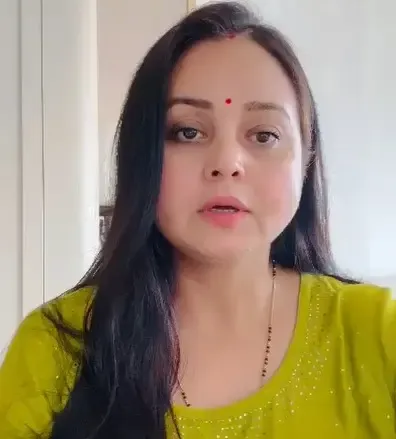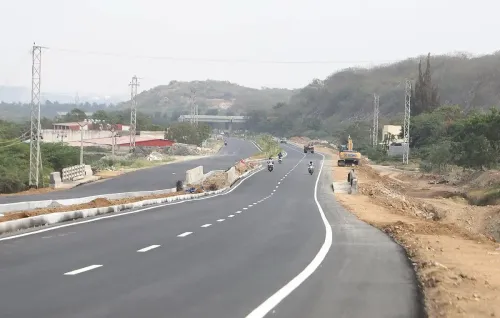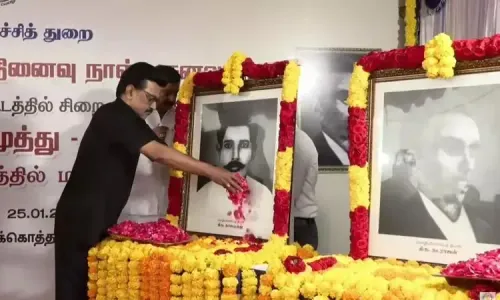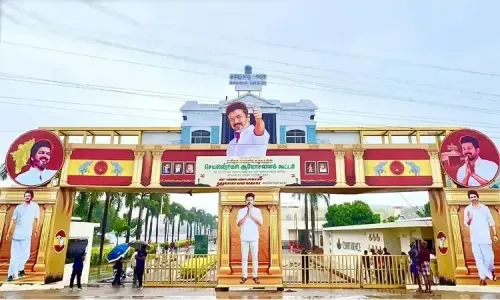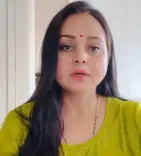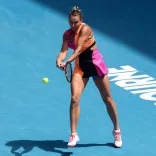Women's Empowerment and Gender Equality Central to India's Foreign Policy, Asserts EAM Jaishankar at PBD Gathering

New Delhi, Jan 10 (NationPress) External Affairs Minister (EAM) S. Jaishankar presided over the fourth plenary session of Pravasi Bharatiya Divas in Odisha, themed 'Diaspora Divas: Celebrating Women's Leadership and Influence - Nari Shakti', stating that progress remains superficial until the human side is comprehensively addressed. He asserted that gender equality and women's development are crucial components of India's foreign policy and its international relations.
The session acknowledged the accomplishments of female leaders worldwide while tackling the systemic barriers that impede advancement.
In his remarks, EAM Jaishankar noted, "Some of you might be curious about my presence on this panel. I wish to stress that under Prime Minister Narendra Modi's guidance, various aspects related to gender equality and women's development have become inherent to our international engagements and foreign policy. During India's G20 presidency, we notably championed the notion of women-led development and effectively integrated it into the G20 conceptual framework. We also made significant progress on this concept during the Summit of the Future."
He reflected on the profound issues within society that affect development, particularly for women, emphasizing that societal transformation requires more than addressing overt and simple challenges.
“We are confronting not just straightforward and apparent challenges but also those that are deeply entrenched in society and thus far more difficult to surmount,” Jaishankar stated.
The Minister highlighted how discrimination frequently begins at the familial level, commencing from birth, and manifests in access to essential resources such as nutrition, healthcare, and education. “It commences at birth, encompassing nutrition, health, and education. This ultimately becomes a question of who has a claim to the family's resources, where the profoundest discrimination occurs,” he observed.
He further explained that this inherent bias extends beyond the home, affecting workplace dynamics and opportunities for women. “And then, of course, it spills over into the workplace, into opportunities, and, you know, all of you would know it far better than I would ever do,” he added.
Linking these matters to India’s broader vision of achieving a Viksit Bharat, the EAM clarified that conventional metrics such as GDP growth, infrastructure advancement, and urban expansion fall short without considering the human dimension of progress.
“When we contemplate progress, modernity, and the journey toward Viksit Bharat, one way to gauge it is through GDP, assessing how many roads have been constructed, how many metros, cities, and airports there are. While those are certainly measurements, they remain superficial until we address the human aspect of that progress,” Jaishankar asserted.
He stressed the significance of promoting change through role models and inspirational figures to overcome these systemic barriers. “In my view, these are truly some of the transformative changes occurring in India today. However, like any transformation, they necessitate role models, sources of inspiration, and the drive to effect change,” he concluded.
The session reaffirmed the critical role of women leaders in steering India's progress and called for unified efforts to ensure equitable opportunities for all.


